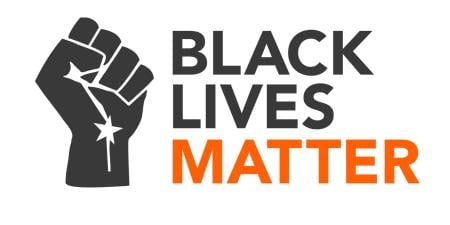Opinion 2.068 - Physician Participation in Interrogation
Interrogation is defined as questioning related to law enforcement or to military and national security intelligence gathering, designed to prevent harm or danger to individuals, the public, or national security. Interrogations are distinct from questioning used by physicians to assess the physical or mental condition of an individual. To be appropriate, interrogations must avoid the use of coercion—that is, threatening or causing harm through physical injury or mental suffering. In this Opinion, “detainee” is defined as a criminal suspect, prisoner of war, or any other individual who is being held involuntarily.
Physicians who engage in any activity that relies on their medical knowledge and skills must continue to uphold principles of medical ethics. Questions about the propriety of physician participation in interrogations and in the development of interrogation strategies may be addressed by balancing obligations to individuals with obligations to protect third parties and the public. The further removed the physician is from direct involvement with a detainee, the more justifiable is a role serving the public interest. Applying this general approach, physician involvement with interrogations during law enforcement or intelligence gathering should be guided by the following:
(1) Physicians may perform physical and mental assessments of detainees to determine the need for and to provide medical care. When so doing, physicians must disclose to the detainee the extent to which others have access to information included in medical records. Treatment must never be conditional on a patient’s participation in an interrogation.
(2) Physicians must neither conduct nor directly participate in an interrogation, because a role as physician-interrogator undermines the physician’s role as healer and thereby erodes trust in the individual physician-interrogator and in the medical profession.
(3) Physicians must not monitor interrogations with the intention of intervening in the process, because this constitutes direct participation in interrogation.
(4) Physicians may participate in developing effective interrogation strategies for general training purposes. These strategies must not threaten or cause physical injury or mental suffering and must be humane and respect the rights of individuals.
(5) When physicians have reason to believe that interrogations are coercive, they must report their observations to the appropriate authorities. If authorities are aware of coercive interrogations but have not intervened, physicians are ethically obligated to report the offenses to independent authorities that have the power to investigate or adjudicate such allegations.



